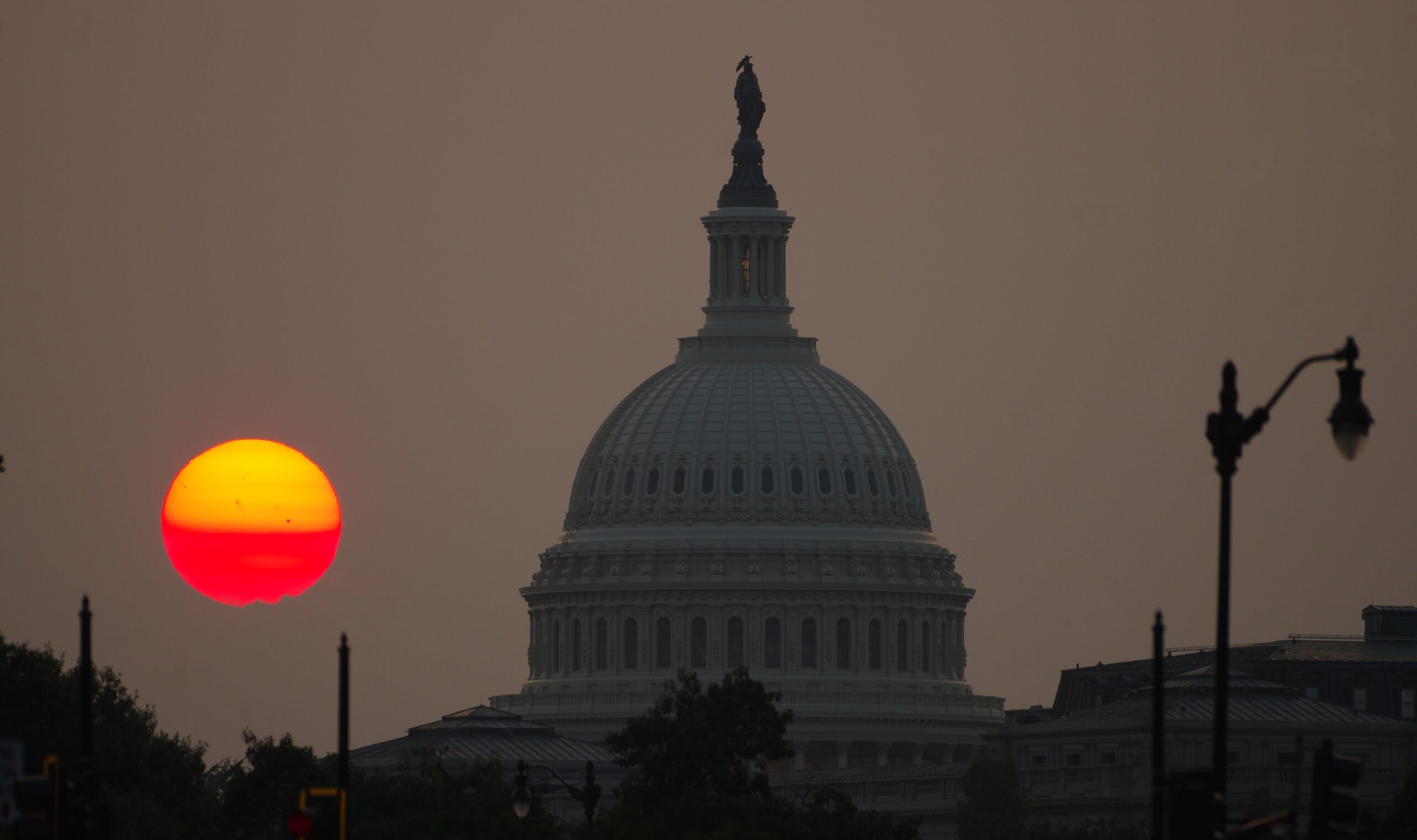Seven Pillars of Wisdom for 2024
Here’s what to keep an eye on in the new year.

Year of grace 2023 is shuffling from the room; year of grace 2024 is standing in the threshold. In our library, there are many learned books giving methods of divination—Ptolemy, the I Ching, the sortes Virgilianae, the Book of Zohar. Until the pope decides that telling the future is a type of sexual preference worth winking at, we are barred from using any of them for anything except impressing houseguests with our range of curios. Instead, we must rely on the sanctioned methods of prediction founded on the ironclad, basic pre-Socratic principle that nothing ever changes. Here are seven things to watch in the new year.
Ukraine and Europe: Despite Europeans’ avowals of fright at Russia’s invasion of Ukraine, European governments have not started spending on defense as if they’re scared. It looks as if NATO’s purpose is the same as it ever was: “to keep the Soviet Union out, the Americans in, and the Germans down,” obviously replacing “Soviet Union” with “Russians” and “Germans” with “French.” In 2024, Europe and its constituent states will again be faced with the choice: remain fat and happy eunuchs for American power, or develop independent military deterrences. If the former, will the U.S. continue to write blank checks for the European security establishment? If the latter, will the growth occur within the context of the European Union, or will it come as jockeying between individual nation-states? In either case, will the U.S. continue dumping money into a war of decreasing interest to the American people?
Indo-Pacific: This week, NBC reported that Xi Jinping “bluntly” told President Biden that he intends to retake Taiwan, although he isn’t sending out a calendar invitation just yet. This is, of course, not a departure from the People’s Republic of China’s stated policy for the past seven decades or so, but apparently the manner of statement was enough to rile up leakers in the national security apparatus, who have been bruiting about an invasion date as early as 2025. Is a war over Taiwan in America’s interests? If so, how should the nation reorient its defense posture? Is it already too late?
The culture war: High-profile sexual adventurism—sodomy in the Senate, anyone?—will continue to undermine any argument that the moral liberalization since Obergefell has in any way domesticated or moderated the behaviors of the rainbow rabble. The rainbow rabble will continue to push more and more totalizing programs of “normalization.” Even as the country converges on a “moderate” abortion policy preference (only a little murder, please!), the social left will come up with increasingly extreme expressions of support for or even infatuation with the procedure. Will separate social issues be distinguished and dealt with individually? Will there be any kind of cultural detente, or will the extremes continue to prevail? Will this occur with or without state intervention?
Degradation of the rule of law: 2023 saw the reauthorization of FISA, the Colorado Supreme Court’s ejection of Trump from the state’s primary ballot, and the continued rollback of the Anglo-American principle of equality under the law. At the same time, it saw a continuance of elevated levels of crime, particularly in American cities. Will the erosion of private liberties continue? Will public disorder increase or decrease, and will it occur inversely or proportionally with changes to the strength of the state? Is anarcho-tyranny the stable equilibrium for American life?
The border and Mexico policy: A special case of the collapse of the rule of law obtains at our border. The population of military-age economic migrants pouring into the United States monthly is measured in small-to-mid-sized American cities. The White House faces conflicting political pressures: on the one hand, largely pragmatic calls to tighten border controls, and on the other largely ideological calls to accept greater numbers of migrants, especially economic migrants. One side has been winning so far. Will the Biden administration moderate its policy for the election year? Will Mexico be compelled to carry its fair share of the migration burden? Will developments for illegal immigrants like Colony Ridge become more common?
Trade and industry: It was announced this week that Nippon Steel was buying the Pittsburgh-based U.S. Steel. The American heavy industrial base remains anemic, with consequences for the American defense industry and U.S. defense policy. At the same time, an optimistic picture of American reliance on Chinese manufacturing inputs has emerged; despite some significant misses, the revival of American heavy industry seems like a real and achievable possibility. Will industrial policy continue to focus on faddish environmental concerns? Will it be written well and encourage companies to pursue really valuable strategic goals, or be written poorly and encourage nothing but rent-seeking?
Subscribe Today
Get daily emails in your inbox
The national debt: We are spending an awful, awful lot of money these days. Will we do anything about that?
These are the topics we’ll be watching in 2024. They all fall under a broader question, the basic question of our time, politically: Will the nation-state remain the basic organizing principle of public life?
If you are interested to see what we find, please subscribe. In any case, Merry Christmas.